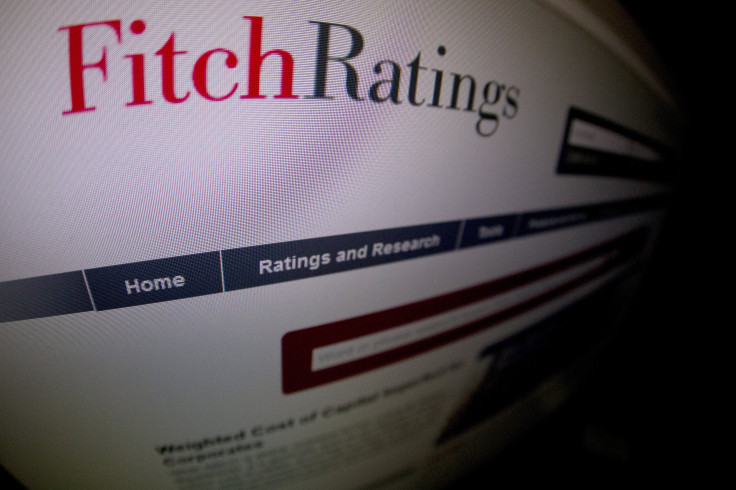Global Sovereign Credit Rating Downgrades Set To Hit Record High, Fitch Says

Low commodity prices and a strong U.S. dollar are still having a severe impact on sovereign credit ratings of countries across the globe, Fitch — one of the world’s three big credit rating agencies — said in a report released Thursday. According to the agency’s biannual Sovereign Review and Outlook, the first half of 2016 saw 15 rating downgrades of sovereign borrowers, compared with the record full-year high of 20 in 2011.
“Sovereign credit ratings are on track for a record number of downgrades in 2016,” Fitch said in a statement accompanying the report. “Lower commodity prices continue to be the single most important factor responsible for downward sovereign ratings momentum.”
Seven of the 10 most commodity-dependent nations rated by Fitch have been downgraded in 2016 or are on negative outlook, the ratings agency said. This downgrade comes despite a partial recovery in commodity price since the start of the year, which Fitch argued did not improve the “sovereign credit fundamentals” of these countries.
“Public and external finances in a number of commodity-exporting countries are not yet aligned with the new structurally-lower price environment,” it said.
In addition, the political uncertainty brought about by the June 23 referendum, when the British public voted to leave the European Union, will continue to muddle the economic outlook of countries in Europe, Fitch said. The agency had, last week, lowered its rating for the U.K. from AA+ to AA, forecasting an “abrupt slowdown” in growth in the short term.
“From a regional perspective, the significance of the UK's pending exit from the EU is difficult to overstate,” Fitch said. “Fitch believes that developments in the UK make it more probable that populist or Eurosceptic movements find greater support elsewhere in the EU, providing added impetus for political fragmentation and polarisation trends that became evident in the aftermath of the eurozone crisis.”
Fears over the adverse impact of such political fragmentation on the global economy as a whole have, in recent months, driven investors toward safe haven assets such as gold and government bonds. As a result, gold prices have continued to surge and government bond yields, which move in the opposite direction to their prices, have hit record lows. According to a recent estimate by Citi Research, 35 percent of all developed country government debt — worth over $7 trillion — is now trading at negative yields, which means that investors are actually losing money by purchasing these bonds.
"The world is running out of positive-yielding safe-haven bonds," Shyam Rajan, head of U.S. rates strategy research at Bank of America Merrill Lynch in New York, told the Wall Street Journal.
© Copyright IBTimes 2025. All rights reserved.






















